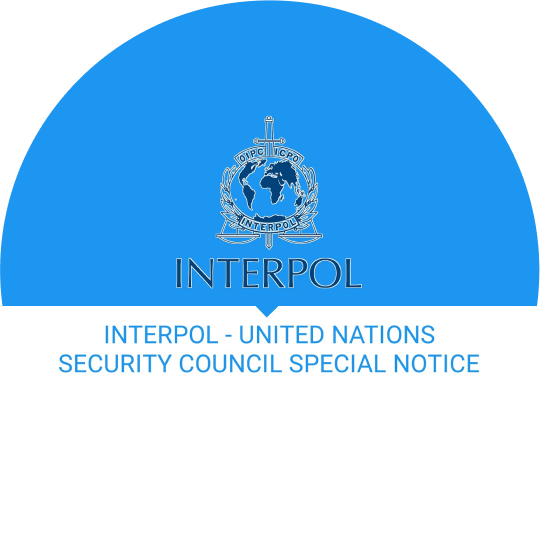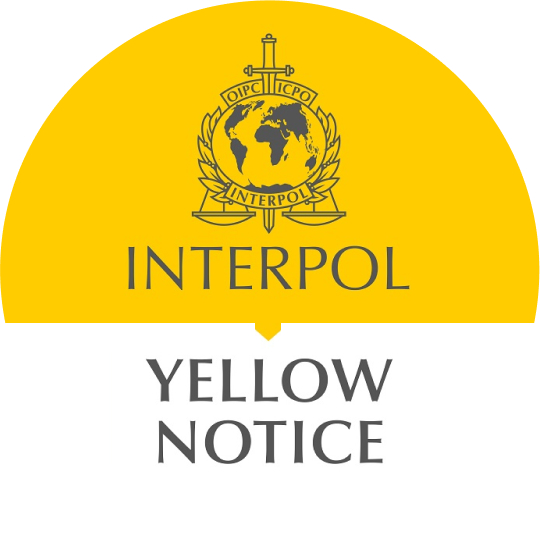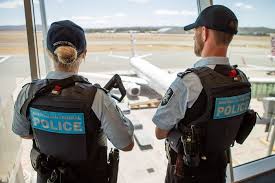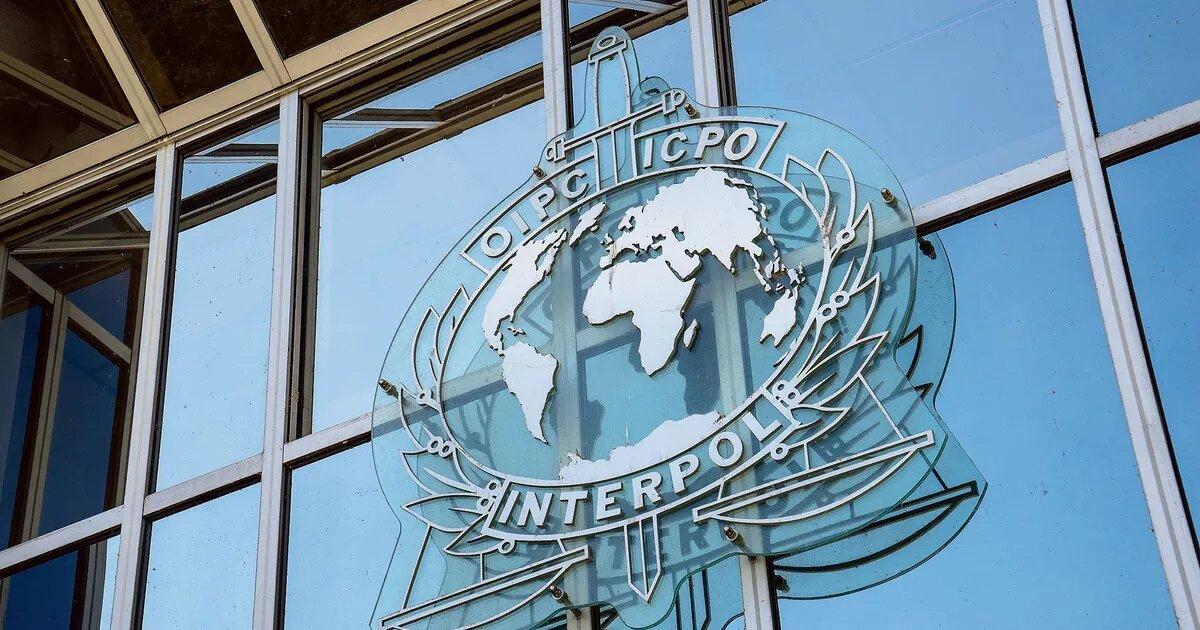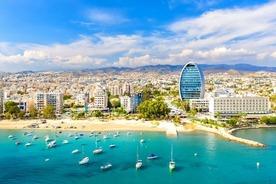INTERPOL’s main role is to facilitate collaboration among member countries to combat international crime. It provides a framework for countries to share instant messages and relevant data, helping law enforcement agencies capture criminals. INTERPOL itself does not arrest offenders and seeks permission from member countries before taking action.
How INTERPOL Works
INTERPOL focuses on various crimes. These include:
· Terrorism
· Organized crime
· Cybercrime
· Sexual abuse of children
INTERPOL databases contain information about crime and criminals around the world. It allows law enforcement officers in member countries to access this data and use it to arrest criminals.
When Are INTERPOL Agents Sent On Duty
INTERPOL operates the Command and Coordination Centre (CCC) 24/7, with offices in Singapore, Lyon, and Buenos Aires. They have specialized response teams, including the INTERPOL Incident Response Team (IRT) and the INTERPOL Major Event Support Team, ready to assist member countries’ National Central Bureaus when needed.
When is the IRT Deployed?
INTERPOL’s Incident Response Team (IRT) is deployed in response to member countries’ requests during crises, which can be caused by natural disasters or criminal acts like terrorism. Natural disasters such as tsunamis, earthquakes, and hurricanes prompt IRT deployment to assist local police with rescue operations and victim identification, which may involve collecting photographs, DNA samples, and other forensic data.
A disaster response team conducts scene examination and victim recovery operations. The duration of recovery varies based on the disaster’s magnitude and nature, spanning days to weeks.
IRTs primarily focus on gathering information to identify and apprehend criminals during criminal investigations. These teams comprise experts in biometrics, explosives, rescue operations, and crisis-related activities.
When is the Major Events Support Team Deployed?
INTERPOL recognizes that terrorists often strike unexpectedly during high-profile events with significant media coverage.
A member country planning such an event can request assistance from INTERPOL to help conduct the security protocol. INTERPOL will send the Major Events Support Team to such functions.
Since INTERPOL’s databases contain information about criminals around the world, including stolen passports, they check for any suspicious individuals and documents. IMEST members can also respond to emergencies if a crime happens during the event.
Conclusion
INTERPOL’s main role is to facilitate communication among member countries’ law enforcement agencies. Additionally, it deploys specialized teams during crises or major events to support local law enforcement.










